Besides our different larger project we also have smaller projects or papers going on, which we will discuss in this category.
Category: Other projects
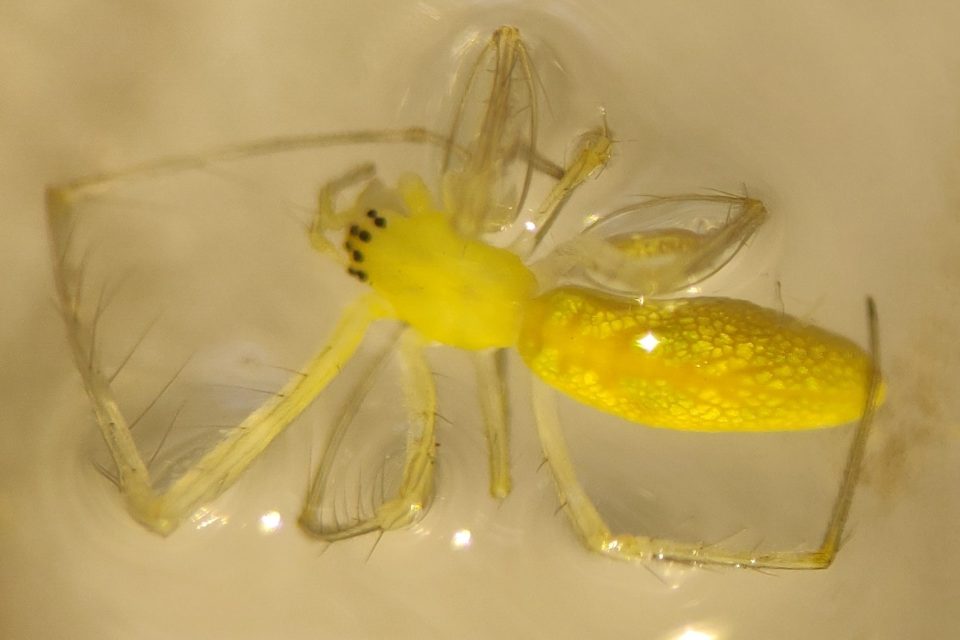
A US-Norwegian banker, Hawai’i and a spider genome – How do they come together for biodiversity research?
Written by Jose Cerca (former member of our group and now as a guest author on this blog) Spiders are some of the most charismatic animal lineages. Despite this, there are only a handful spider genomes available. This is likely due to their highly repeated and heterozygous genomes. […]
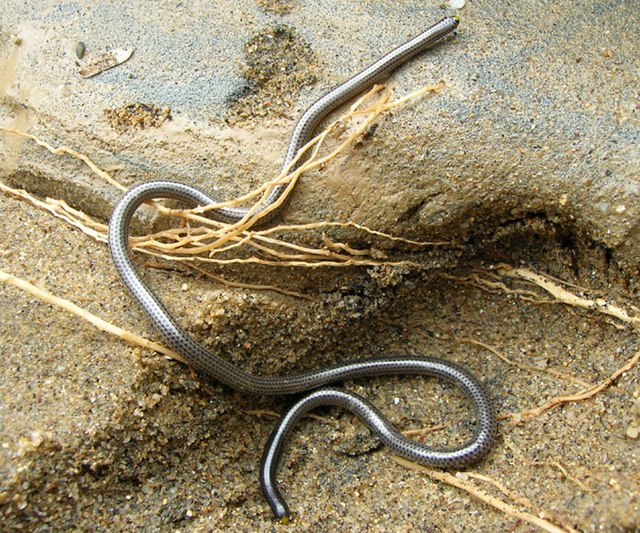
A Story of Snakes and Sight (don’t we research invertebrates)?
Last week marked the release of a new paper by one member of the Invertomics group, James Fleming, in a field that seems quite far apart from the mission of the lab! "Eye-transcriptome and genome-wide sequencing for Scolecophidia: implications for inferring the visual system of the ancestral snake" was part of a long term collaboration...

Enhancing engagement and commitment – The FEZ group retreat November 2021
A positive work environment and a positive work culture are essential for a strong commitment and engagement. Corona restrictions such as home-office and lockdowns posed a challenge for further development of the FEZ research group. It was a particularly challenging period for the new group members that recently […]
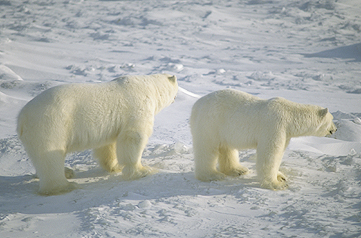
Sea ice reduction affects genetic differentiation of polar bears from Svalbard
Climate change affects essentially all ecosystems, and there is an intense discussion about the consequences of increasing temperatures. Loss of Arctic sea-ice is certainly among the most obvious consequences, and significant effects on ice-dependent species can be safely assumed. This includes most likely negative effects on polar bears […]
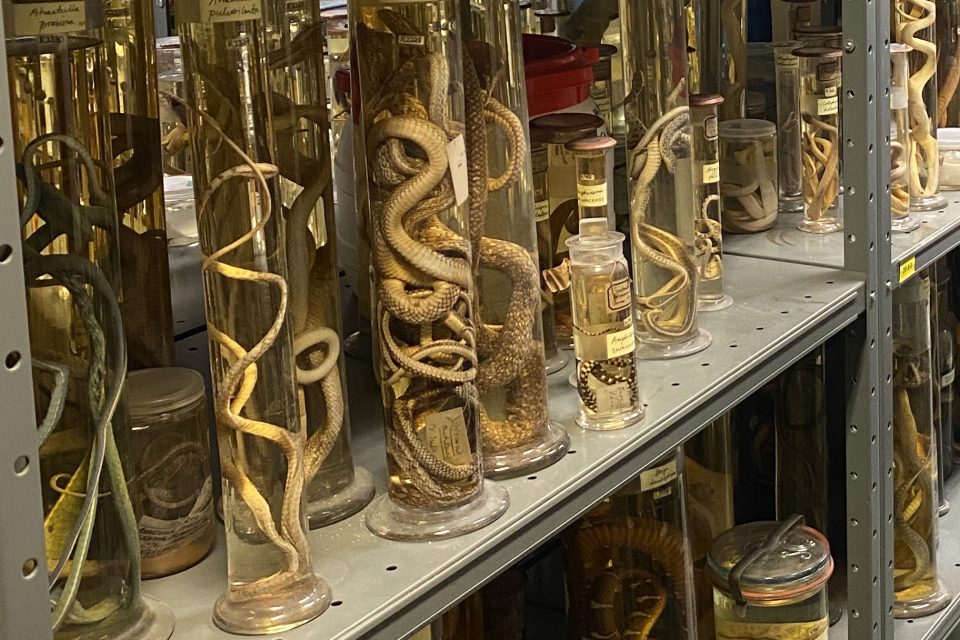
An initial foray into scientific research: Meet the new undergraduate research student at FEZ
Joining the FEZ group as part of the University of Oslo’s (UiO) Summer Research Program, Pia M. Eriksen is a Bachelor of Biosciences student taking part in an on-going museomics (museum collection genetic studies) project. Working alongside project leader, Rita M. Austin, Pia will contribute to the exploration […]
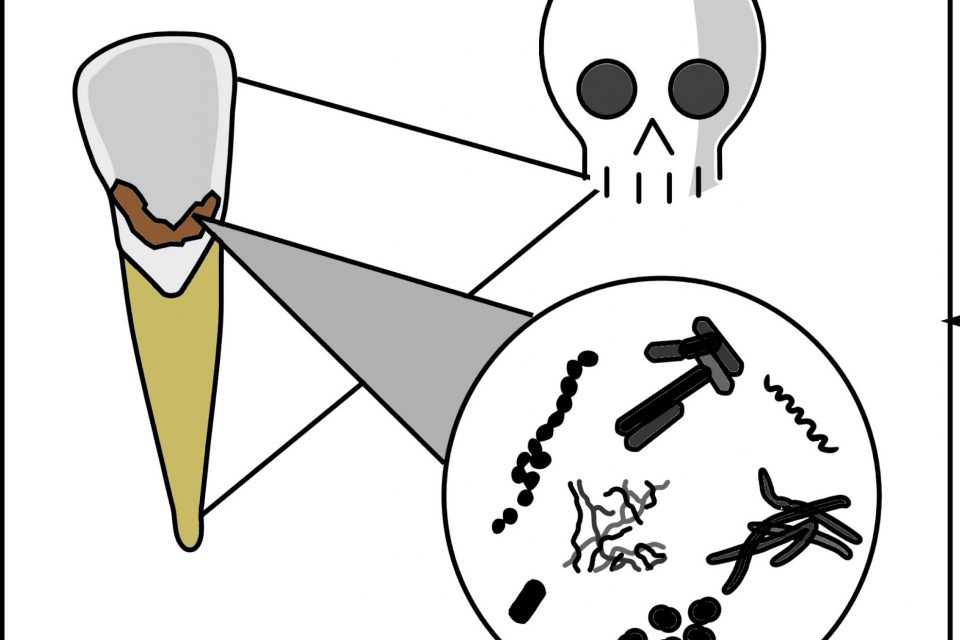
New Paper Exploring the Surprising Evolutionary History of Our Oral Bacteria*
Living in and on our bodies are trillions of microbial cells belonging to thousands of bacterial species – our microbiome. These microbes play key roles in human health, but little is known about their evolution. Here we investigated the evolutionary history of the hominid oral microbiome by analyzing […]
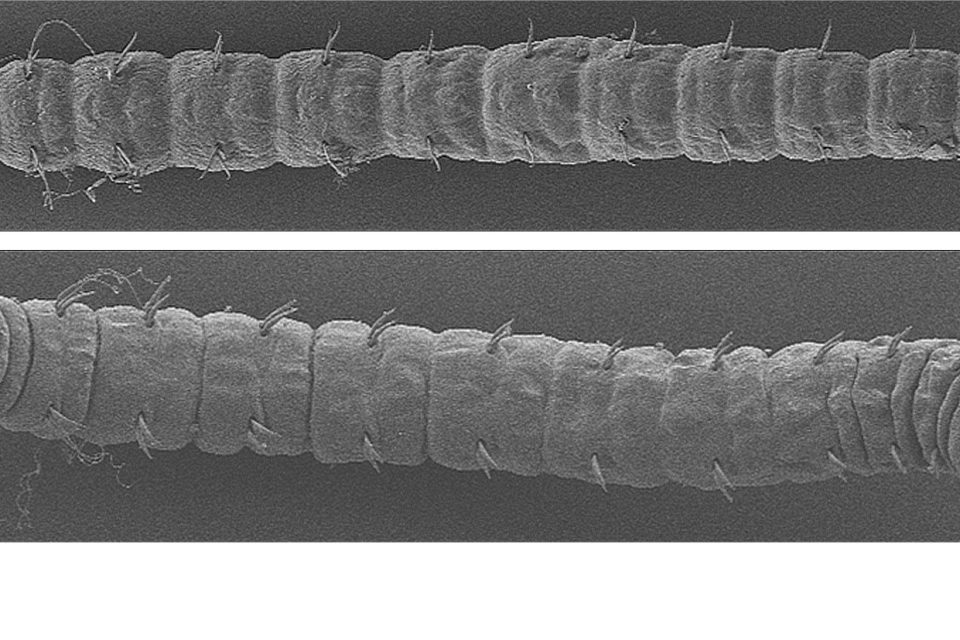
What causes species not to change despite ongoing evolution?
Cryptic species have for long time been considered as purely a taxonomical challenge. However, in the last decade it has been shown that their recognition has also consequences for several other biological disciplines. Recently, their importance for understanding certain evolutionary processes has been highlighted. Most prominent among these […]
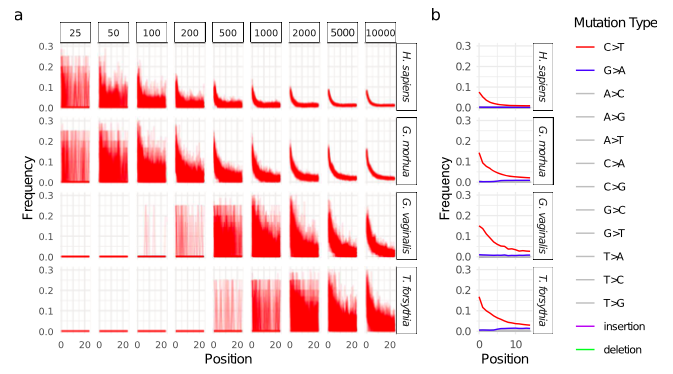
New Paper Exposing The Challenges and Limitations Inherent to Ancient Dietary Reconstructions Using Dental Calculus Metagenomic Data
Author: Rita Austin (former group member) New research highlights and tests the limitations of dental calculus (i.e., calcified dental plaque), a microbiome substrate regularly used to reconstruct ancient foodways. Under the direction of Allison E. Mann from Clemson University, a collaborative team analyzed both synthetic and ancient dental […]
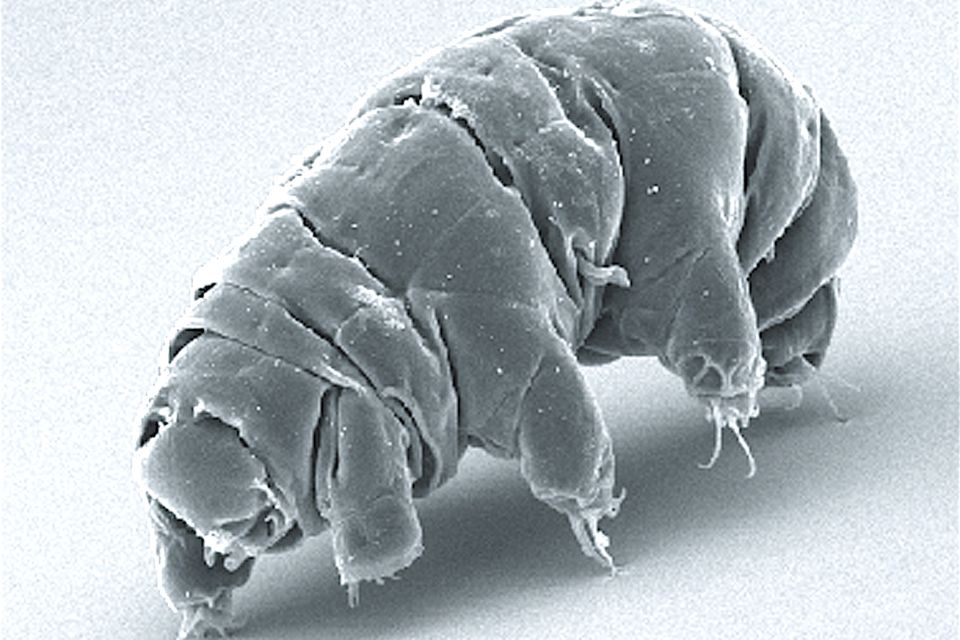
A new paper on tardigrades! What’s in a (scientific) name?
Systematics can be a tricky business, and the tardigrades are no stranger to this! The study of the diversification of life often requires sorting organisms into groups of more or less closely related ones. These groups are called species, genera, families, orders, classes, phylums and kingdoms. Whilst a […]

The first defense
The FEZ group has only recently been established and hence so far we had no PhD student graduating from our group. This year was the premiere. Jose successfully defended his thesis with much appraisal by his opponents. Given the circumstances of this year it was a digital one […]